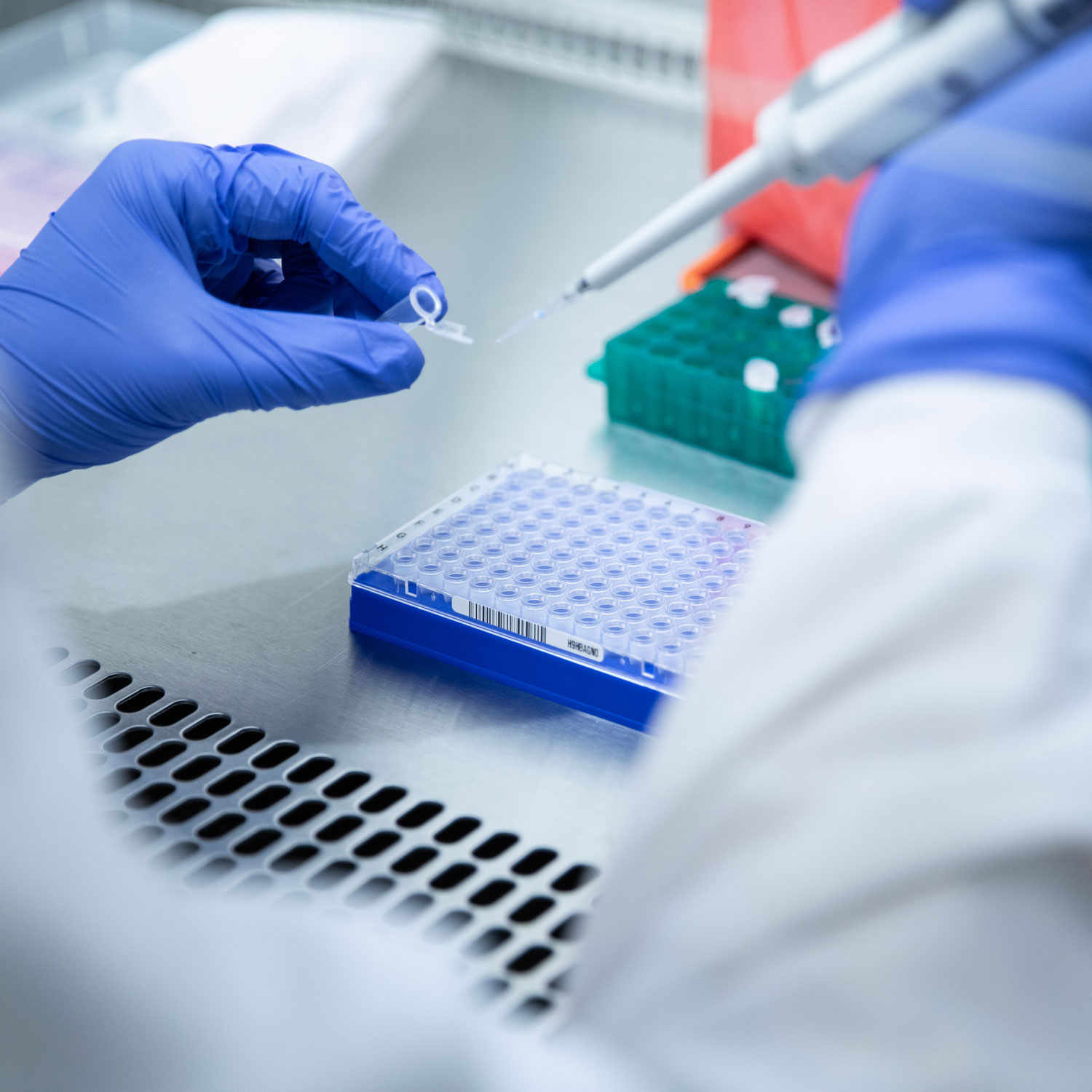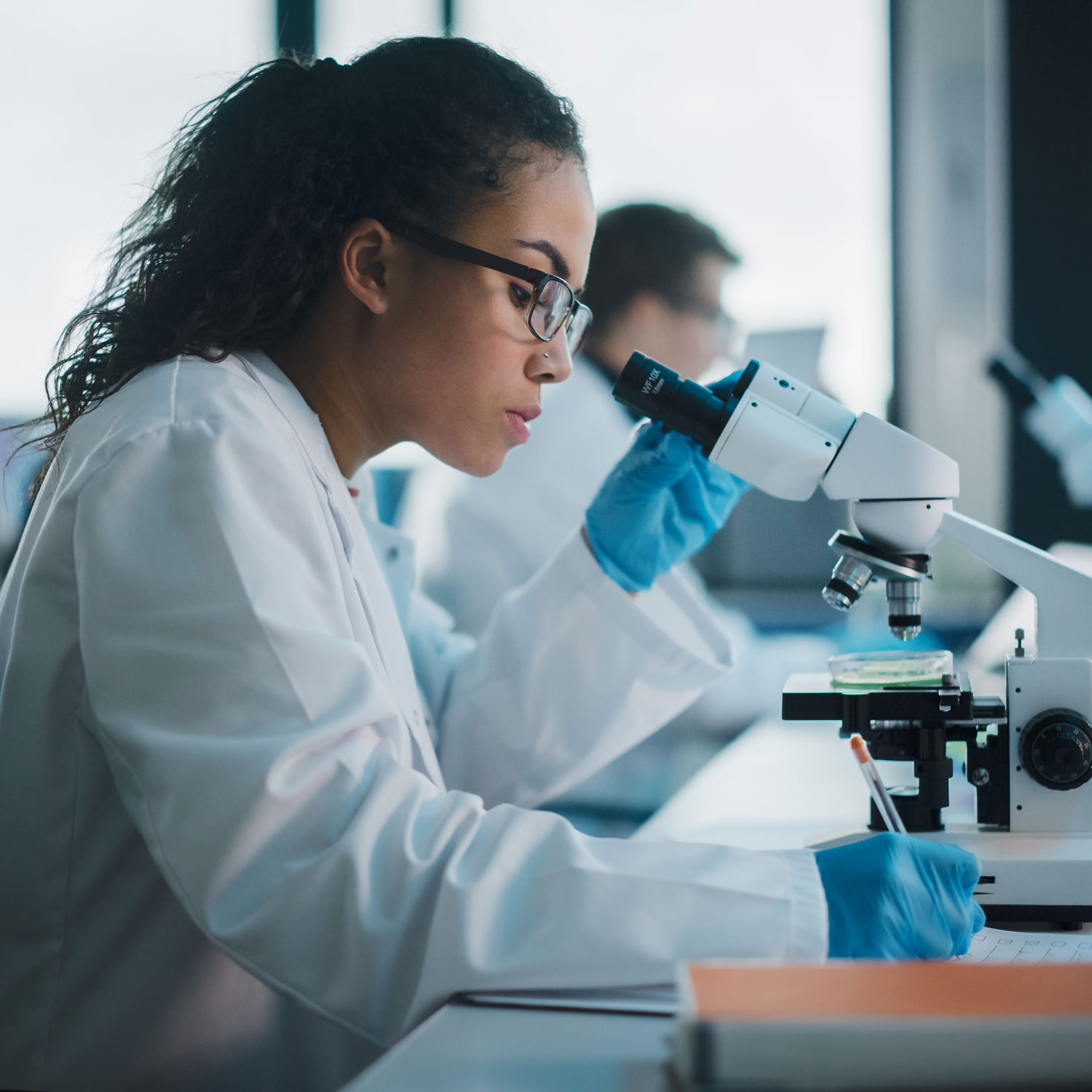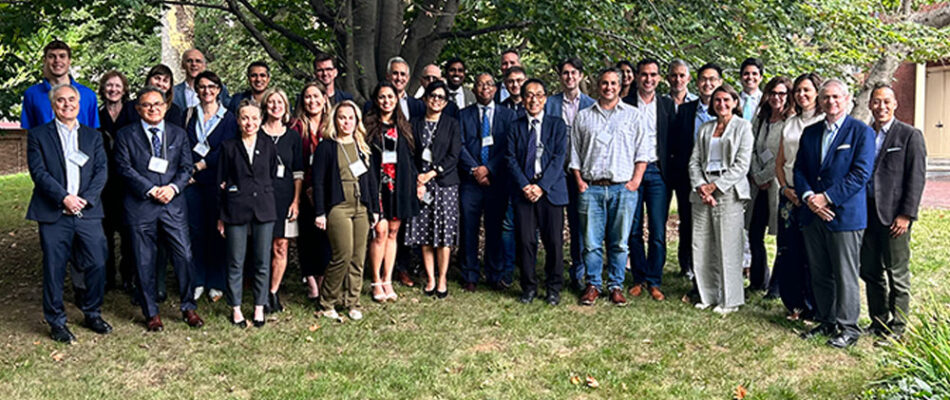
Frog Models
Creating Desmoid Tumor Frog Models
In previous research funded by the DTRF, Dr. Kris Vleminckx developed a desmoid tumor model in Xenopus tropicalis, an aquatic frog with a genuine diploid genome. Dr. Vleminckx has provided a protocol for other researchers – with access to specific types of lab facilities – to create the desmoid tumor frog models for their own research.
Read Dr. Vleminckx’s protocol for creating desmoid tumor models in the frog Xenopus tropicalis
The ability to create these frog models depends on the facilities available to researchers.
Dr. Vleminckx advises that researchers could create desmoid tumor frog models upon access to the following facilities:
- A Xenopus tropicalis facility would provide a straightforward approach to generating the mosaic mutant frogs. In the United States, Xenopus tropicalis labs modeling human disease are present in Seattle, WA; San Francisco, CA; Boston, MA; Cincinnati, OH; New Haven, CT; Charlottesville, VA. Labs are also present in Belgium (Ghent); Switzerland (Zurich); France (Paris); United Kingdom (Portsmouth, Manchester, Norwich,…); Germany (Stuttgart); Japan (Hiroshima); China (Shenzhen, Guangzhou) and more.
- A zebrafish lab/facility typically has the injection setup required for the introduction of the CRISPR reagents. However, a dedicated room or water system would be required for holding the frogs and tadpoles as they grow.
- Mosaic mutant tadpoles could also be shipped from Xenopus stock centers in the US, UK and Japan to research labs. These could be non-Xenopus labs provided they are able to set up a suitable aquarium. This will likely require a government permit and approval by ethical committees.
Dr. Vleminckx’s DTRF-funded frog model project is conducted at Ghent University in Belgium where laboratories have government approval to carry out animal research. Within Ghent University, a number of bodies monitor whether animal research and testing is conducted properly, and ensure that all legal obligations are met. Learn more about Ghent University – Research
“Identifying and characterizing dependency factors in a genetic Xenopus tropicalis desmoid tumor model”
with Kris Vleminckx, PhD, Professor of Developmental Biology, Ghent University
Dependency Factors in a Desmoid Tumor Frog Model
Watch as Kris Vleminckx, PhD, Ghent University presents at the 2020 Int’l Desmoid Tumor Research Workshop, “Dependency factors in a genetic Xenopus tropicalis desmoid tumor model.”

Mouse Models
A Genetically-Targeted Mouse Model of Desmoid Tumors
In 2018, we began funding a project to develop genetically-targeted mouse models to continue learning more about desmoid tumors. Dr. Ben Alman, Chair of Orthopaedic Surgery at Duke University, is leading the effort.
Developing a Mouse Model for Desmoid Tumors
Animal models are critical to research into drug development. The DTRF Scientific Advisory Board agrees that the development of a mouse model that more closely matches human desmoid tumors is critical to advancements in therapeutic drug development. Prior to the project’s launch, there were no genetically modified mice that recapitulated the genetics of the disease involving the two most common CTNNB1 mutations. These mice are developed so that the mutations are active only at certain locations and times, so they will closely recapitulate what happens in patients.
These mouse models have been generated, and have been tested to verify that the CTNNB1 mutations can be activated.
While the animals can be used to generate cells that express these mutations, unfortunately, they have not been shown to develop desmoid tumors. This is not an unexpected outcome, as the mutations need to be activated at the right time and in the right cells to develop a tumor. These animals are available to researchers who wish to study these mutations in certain cell types, and it is hoped that in the right cell type, desmoid tumors will develop. In this later case, the animals can be readily used to test new therapies.
The company used to generate the mouse models for this DTRF-funded portion of the project adheres to the standards set by the Federation of European Laboratory Animal Science Associations (FELASA). FELASA advocates responsible scientific conduct with animals in the life sciences with particular emphasis on ensuring animal welfare.
“Mouse models in desmoid tumors”
with Benjamin Alman, MD, Professor & Chair, Orthopedic Surgery, Duke University (2020 DTRF Research Workshop)
Continue Exploring

Clinicians & Researchers Newsletter
Receive monthly updates about treatment advances, grant applications, clinical trials, CME opportunities, and more.
